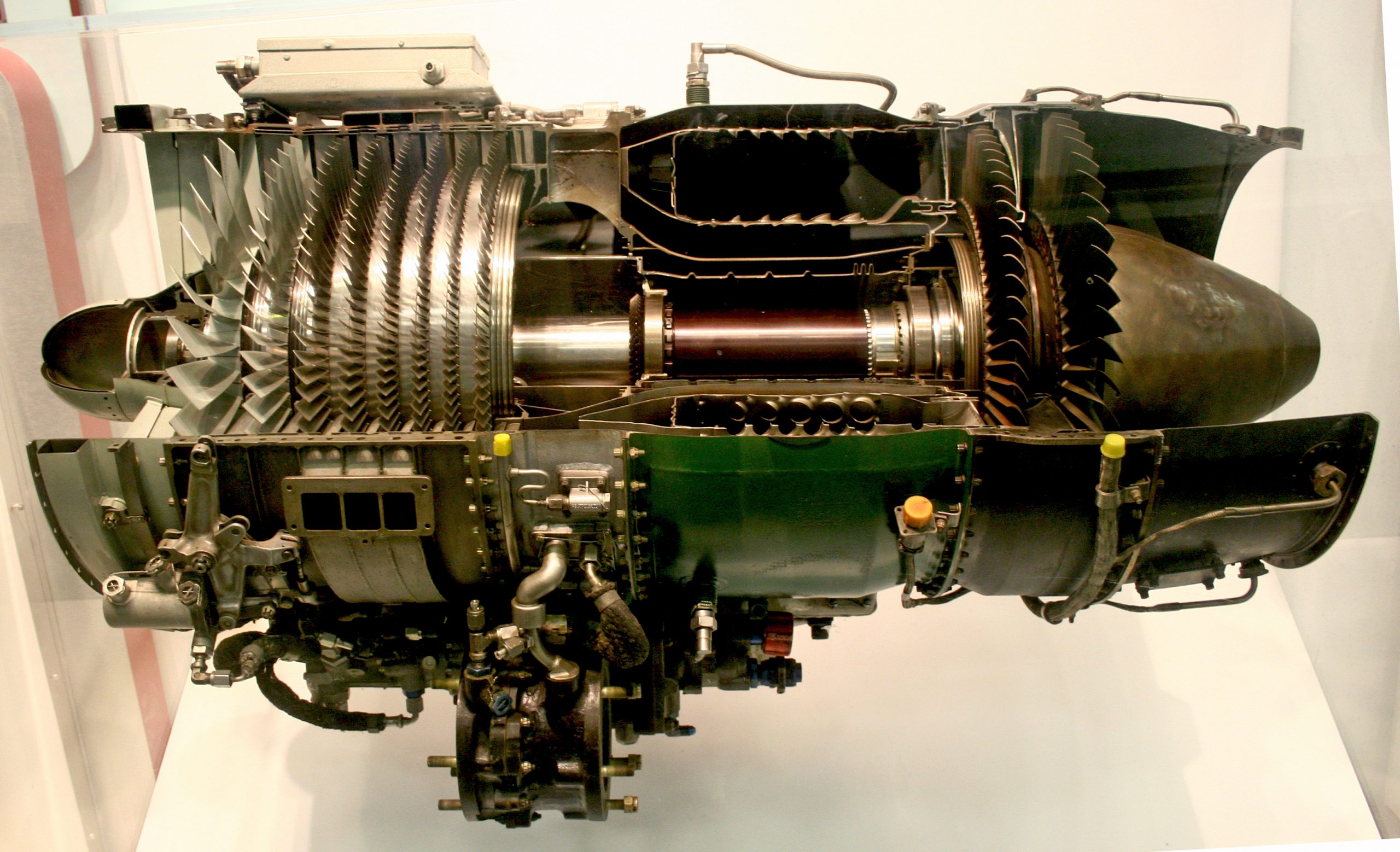Jet engines operate in some of the harshest environments imaginable — extreme heat, intense pressure, and aggressive oxidation. These conditions demand materials that can maintain their structural integrity and resist failure over long periods. Among the contenders, Inconel 625 Round Bar stands out as a preferred material in high-performance aerospace components, often outclassing traditional steel. But how exactly does it compare, and why is it more suited for jet engine manufacturing?
In this blog, we will explore the key differences between Inconel round bars and steel, with a particular focus on the Inconel 625 round bar, a highly specialized nickel-based alloy known for its outstanding mechanical properties in demanding conditions.
Understanding the Materials
What is Inconel 625 Round Bar?
Inconel 625 round bar is a nickel-chromium-molybdenum alloy known for its superior strength and excellent resistance to high temperatures, corrosion, and oxidation. It is non-magnetic and retains its strength and form at extreme temperatures, making it ideal for aerospace applications, including jet engine components like turbine blades, exhaust ducts, and afterburners.
What is Steel?
Steel is an alloy primarily composed of iron and carbon. While it offers good strength, it generally struggles with corrosion resistance and performance at high temperatures, especially when compared to superalloys like Inconel. Different types of steel are used in aerospace, including stainless steel and heat-resistant variants, but they often require additional treatments to perform in the same environments as Inconel.
Mechanical Strength at High Temperatures
Jet engines must operate at incredibly high temperatures — often exceeding 1000°C — especially in the turbine and combustion sections. In these areas, maintaining structural strength is vital to prevent failure.
- Inconel 625 round bar offers exceptional mechanical strength even at elevated temperatures. It retains more than 90% of its tensile strength at temperatures up to 700°C.
- Steel, depending on the grade, begins to lose tensile strength rapidly at high temperatures. Most types of stainless steel show significant strength degradation above 600°C.
This makes Inconel 625 a more reliable material for jet engine parts exposed to prolonged heat.
Corrosion and Oxidation Resistance
Jet engines face not only extreme heat but also oxidative environments. Materials used must resist degradation, especially during long-haul flights or when used in marine aviation.
- The Inconel 625 round bar contains chromium and molybdenum, elements known for their outstanding resistance to oxidation and corrosion. These properties protect the components from oxidizing gases and corrosive fuels.
- While stainless steel can resist rust, it doesn’t offer the same level of resistance in high-temperature oxidative environments unless specially treated or alloyed, often increasing production complexity and cost.
The natural corrosion resistance of Inconel 625 significantly reduces the need for protective coatings and maintenance.
Fatigue Resistance and Longevity
In aerospace, fatigue failure is a serious concern. Aircraft engines go through thousands of takeoff and landing cycles, placing components under cyclic stress.
- Inconel 625 round bar exhibits superior fatigue resistance, thanks to its high yield strength and ability to maintain microstructural stability under stress. This makes it ideal for high-cycle components in jet engines.
- Steel, while strong in static loads, may not perform as well under repeated stress unless it is specially heat-treated and maintained regularly.
Choosing Inconel 625 helps manufacturers extend the service life of engine components and reduce failure rates.
Machinability and Fabrication
One drawback of using Inconel 625 round bar is that it is harder to machine compared to steel. The high hardness and work-hardening nature of Inconel require specialized tools, slower machining speeds, and experienced labor.
- However, modern CNC and EDM machining techniques have made working with Inconel much more feasible. Welding, forging, and forming processes are also well-documented and standardized for aerospace applications.
- Steel, in contrast, is easier to machine, form, and weld, making it more cost-effective for simpler applications or where extreme performance is not required.
This tradeoff means that Inconel 625 is chosen when performance outweighs processing cost — such as in jet engine manufacturing.
Cost Considerations
The cost of raw materials is an important factor in large-scale aerospace projects.
- Inconel 625 round bar is significantly more expensive than most types of steel due to the high cost of nickel, chromium, and molybdenum, as well as the complex processing requirements.
- Steel, being more abundant and easier to process, is much cheaper and more widely available.
However, when considering the total lifecycle cost, including maintenance, replacements, and performance failures, Inconel 625 often becomes the more economical choice for critical aerospace parts.
Environmental and Regulatory Requirements
Jet engine components are subject to strict quality and performance standards set by organizations such as ASTM, SAE, and ASME.
- Inconel 625 round bars are manufactured to meet stringent aerospace specifications, including AMS 5666, ASTM B446, and ASTM B564.
- While steel bars are also standardized, fewer grades meet the high-performance criteria required in aerospace turbine components without additional treatments.
These standards ensure that Inconel 625 delivers consistent, tested performance under the most demanding conditions.
Applications of Inconel 625 Round Bars in Jet Engines
Some common jet engine parts where Inconel 625 round bars are used include:
- Turbine blades and vanes – requiring high fatigue and thermal resistance.
- Exhaust ducts and tailpipes – exposed to high-velocity hot gases.
- Heat shields – providing thermal insulation and protection.
- Fuel system components – where corrosion from fuels can be an issue.
These applications highlight why Inconel 625 is essential to modern aerospace engineering.
Conclusion
While steel remains a valuable material in many industries, Inconel 625 round bar clearly outperforms it in the extreme conditions of jet engine manufacturing. From its ability to withstand high temperatures and corrosion to its outstanding fatigue resistance, Inconel 625 offers unmatched performance that ensures safety, longevity, and efficiency in aerospace applications.
If you’re sourcing high-quality materials for aerospace or jet engine projects, partnering with a reliable Inconel 625 round bar supplier ensures you get certified, top-tier alloy bars that meet global standards and demanding specifications.



